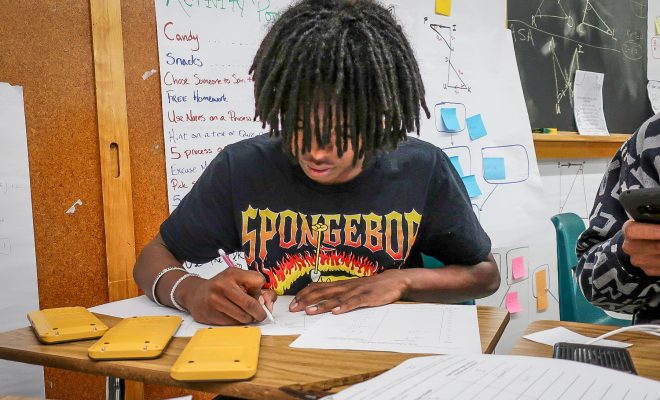Enhancing Students’ Self-Control With Research-Based Strategies

Educators are responsible for teaching and nurturing students to become knowledgeable and holistic individuals.
Oftentimes education is associated with imparting knowledge through teaching subjects outlined in the curriculum. Essential skills and values may be overlooked or not comprehensively covered in institutions of learning. This often leaves students to gain these essential skills from society through experiences and guidance from those around them.
One such skill is self-control. Self-control is critical to decision-making controlling temperament and contributes significantly to a person’s emotional wellbeing. It is an important aspect in learning and developing discipline in students to get better outcomes, both in the classroom and in everyday living. It enhances the student’s focus, their ability to perform tasks as well as their overall academic performance.
Students at advanced levels of education are believed to have a higher capacity for self-control as opposed to students at, say, elementary school. This can be attributed to additional years of learning and development for students in college. While it is understood that children have a sense of curiosity with limited rationality, it is, however, important to introduce self-control at an early stage to foster a self-disciplined culture.
The role of research in identifying and attempting to fill the gaps in essential skills among students is quite significant. Research-based approaches to learning provide tried alternatives that promise to improve the behavior of students while producing better learning outcomes.
Here are some of the research-based strategies that can be incorporated in learning;
Establish trust-creating: An environment where a child feels secure around the adult entrusted to take care of them is important. Children will often be in their best behavior around those whom they trust and hold in high esteem. This includes showing that they have self-control. Understanding students and finding ways to get through and appeal to them is important in developing trust.
Consistency: Children can be inquisitive when asked to refrain from doing something. They would want to understand why they should not do it or what would happen if they did. As adults, we are expected to give the most reasonable explanations in the most caring manner consistently. This way, a kid can understand that the limits are set for their benefit.
Rewarding: A child is more likely to express self-control where there is a reward at the end of the line. As opposed to punishment for bad behavior, rewards oftentimes are more effective in promoting a positive change in the behavior of students, as it is a motivating factor. Punishment, on the other hand, fosters fear and sometimes a lack of trust.
Setting clear rules and expectations: Creating an environment where students are made aware and understand what is expected of them. This provides a yardstick for what is considered to be good behavior. It also helps the students understand what they can and cannot do and therefore promotes self-control.
Developing a culture of self-control early on in education will go a long way to help individual students make better decisions in the future as well as cope with challenges they may face later on in life.





